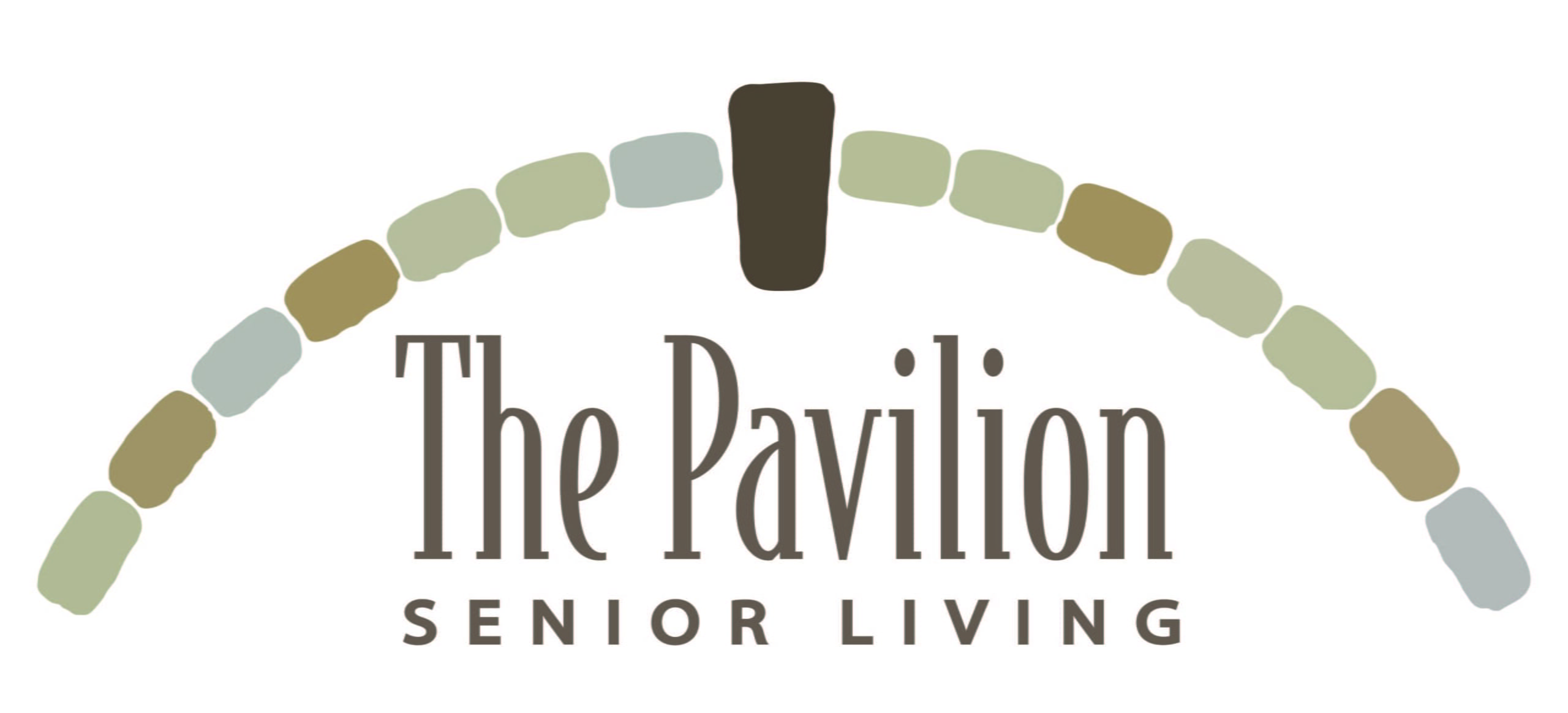Assisted living care is designed for older adults who need help and support with the activities of daily living, such as bathing, dressing, and medication management. It can be a great option for those who want to safely maintain their independence and live in a community setting while receiving the support they need.
However, there may come a point when an individual needs more comprehensive care than this. Often, older adults and their families wait too long to make the transition, leading to increased stress for family caregivers, more risk for the individual receiving care, and the need for a higher level of care when they decide to move to senior living.
As a Tennessee-based assisted living provider, The Pavilion Senior Living’s goal is to improve the quality of life of those we serve. We do this by helping individuals and families navigate care options to find the level that best suits their needs.
To help you on your senior living journey, we are sharing reasons to consider assisted living care and care options for those needing more comprehensive support.
Signs It’s Time for Assisted Living Care
Difficulty with the Activities of Daily Living (ADLs)
If an older adult has trouble performing daily activities like bathing, dressing, and using the bathroom, they could benefit from the supportive environment assisted living care provides.
Changes in Physical and Cognitive Abilities
As we age, our physical and cognitive abilities may decline. If an older adult is experiencing changes that make it difficult for them to perform daily activities or remember important information, assisted living communities provide the necessary support and assistance.
Social Isolation
Aging adults who live alone are at a higher risk of feeling lonely or experiencing social isolation, leading to depression and other mental health conditions. Assisted living communities provide convenient opportunities for individuals to socialize and connect within a supportive environment.
Misconceptions about Assisted Living Care
When considering assisted living care, it is essential to address some common misconceptions that may influence your perspective. Some of the most common myths surrounding assisted living include:
- Assisted Living vs. Nursing Homes: Assisted living is distinctly different from nursing homes. While nursing homes provide licensed medical care, assisted living offers a supportive environment for individuals who need assistance with daily activities while maintaining their independence.
- Independence and Autonomy in Assisted Living: Contrary to popular belief, assisted living communities foster independence and autonomy. Residents have the freedom to participate in activities, make choices, and maintain control over their lives. Trained team members are available to provide assistance when needed, ensuring a balance between support and individuality.
- Affordability of Assisted Living: Assisted living can be more affordable than expected. It offers a range of pricing options, allowing individuals to choose services that align with their needs and budget. Additionally, financial assistance programs and long-term care insurance can help alleviate any financial concerns.
- Variations Among Assisted Living Communities: Assisted living communities are not a one-size-fits-all solution. Each community has its unique features, such as amenities, services, and specialized care options. It is important to research and tour different communities to find the one that best suits your or your family member’s preferences and requirements.
Benefits of Assisted Living Care
Assisted living care offers a multitude of benefits that enhance the overall well-being and quality of life for seniors. Some of these are:
- Enhanced Safety and Security: Assisted living communities provide a secure environment with 24/7 on-site team members, emergency call systems, and safety measures that ensure residents’ well-being.
- Access to Medical Care and Support: Assisted living communities offer access to healthcare services, including assistance with medication management, regular health assessments, and coordination of medical appointments.
- Social Engagement and Community: Assisted living fosters social interaction and a sense of community, offering a range of activities, events, and shared spaces that promote connection, friendship, and a vibrant lifestyle.
- Assistance with Daily Activities: Trained caregivers are available to provide support with daily activities such as bathing, dressing, medication reminders, and housekeeping, ensuring seniors can focus on enjoying their lives to the fullest.
Signs a Person Needs More Comprehensive Care
Health Concerns
If an older adult is experiencing health problems or has chronic conditions that require regular monitoring or assistance, they may need care beyond what assisted living provides. In this case, skilled nursing services may be a better fit. Unlike assisted living, skilled nursing care refers to care or treatment that can only be performed by licensed nurses.
At The Pavilion Senior Living, our Lebanon, Tennessee, community offers skilled nursing care, which provides 24-hour expert care and services ranging from assistance with the activities of daily living to wellness programming. In addition, our skilled nursing community has a licensed physician who supervises each resident’s care and therapy services, including speech, occupational, and physical therapies. Each of our care plans is personalized to each resident and includes:
- 24-hour emergency care
- Medication monitoring and assistance
- Regular wellness checks
- On-site therapies
- Specialized care
- Ambulation
Benefits of Skilled Nursing Care
Skilled nursing care offers invaluable advantages for individuals who need a higher level of medical assistance.
- Professional Medical Care: Skilled nursing communities are equipped with trained healthcare professionals who provide around-the-clock medical care. This includes post-operative care, wound care, medication management, and therapy services.
- Therapeutic Services: Most skilled nursing care communities provide physical, occupational, and speech therapy to help older adults maintain or regain their strength, mobility, and communication capabilities.
- Social Engagement: Skilled nursing care is not only about health support. These communities create a community atmosphere, facilitating social activities and interaction that can help lessen feelings of isolation and foster a sense of belonging.
- Relief for Family Members: Knowing that your loved one is being cared for by capable, trained professionals provides peace of mind that their medical and daily care needs are being met.
- Personalized Care Plans: Skilled nursing teams develop individualized care plans tailored to each resident’s unique health requirements and personal goals, ensuring optimal attention and care.
Memory Impairment or Dementia Diagnosis
The purpose of assisted living care is to support individuals with their daily routines while encouraging independence. However, if you or a loved one has recently received a dementia diagnosis, this is probably not the right senior living fit.
A more suitable level of senior living would be memory care because it provides specialized programming to support cognitive function that stimulates the mind and can help delay the progression of memory impairments.
At The Pavilion Senior Living, our communities offer compassionate memory care services in a safe and secure environment designed to meet the unique needs of each resident. All of the activities and programs we offer encourage engagement, connection, and social wellness. Our person-centered memory care services include:
- Specialized programming
- Secure living environment
- Assistance with the activities of daily living
- Access to caring and supportive team members
- Medication management
Benefits of Memory Care
Memory care services, designed specifically for those dealing with Alzheimer’s disease, dementia, and other memory-related conditions, provide numerous advantages that enhance the quality of life for residents and offer peace of mind for their families.
- Specialized Care: Memory care neighborhoods offer 24-hour supervised care by specially trained team members who understand the unique challenges of memory-related conditions. They provide personalized care plans tailored to each resident’s specific needs, promoting their highest level of functioning and quality of life.
- Safety & Security: Memory care communities are designed with safety in mind. Features such as secure entrances and exits, monitored areas, and alarmed doors and windows help prevent wandering and ensure residents are safe at all times.
- Therapeutic Activities: Memory care programs incorporate a variety of therapeutic activities that promote cognitive function and physical health. These might include music therapy, art therapy, pet therapy, and physical exercises designed to engage residents and slow cognitive decline.
- Nutritional Support: These communities provide nutritious, balanced meals catered to residents’ dietary needs and preferences. Regular mealtimes and assistance with eating ensure residents maintain good nutritional health.
- Family Support: Memory care services extend to family members through educational resources, support groups, and regular updates on the resident’s progress. This aids families in understanding what their loved ones are going through and how best to support them.
Choosing a Senior Living Community
When selecting a senior living community, consider the following factors:
- Location and Proximity: Look for a community that is conveniently located, allowing easy access for family visits and outings.
- Services and Amenities: Assess the range of services and amenities offered, such as dining options, transportation, fitness programs, and recreational activities.
- Team Member Qualifications and Training: Inquire about the qualifications and training of the team members to ensure they are equipped to provide the necessary care and support.
- Reviews and Recommendations: Read online reviews and seek recommendations from trusted sources to gain insights into the experiences of residents and their families.
When considering your family’s senior living options, starting the process as early as possible is important. This gives you time to look into each level of care and find the right community that fits your needs and preferences.
If you are concerned that it may be too late for assisted living care, care options are still available. To learn more about our communities and the senior living options we offer, we encourage you to visit our website or contact a member of The Pavilion Senior Living team.
Updated March 2024




